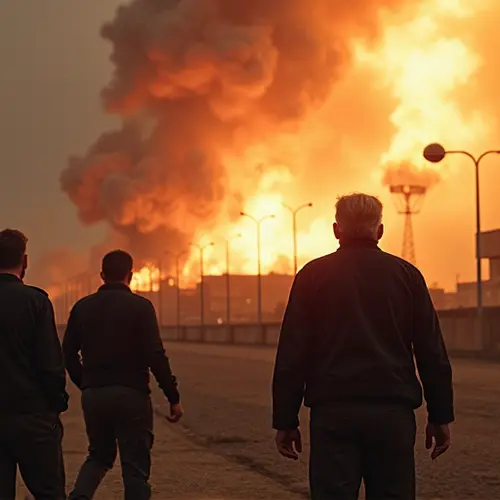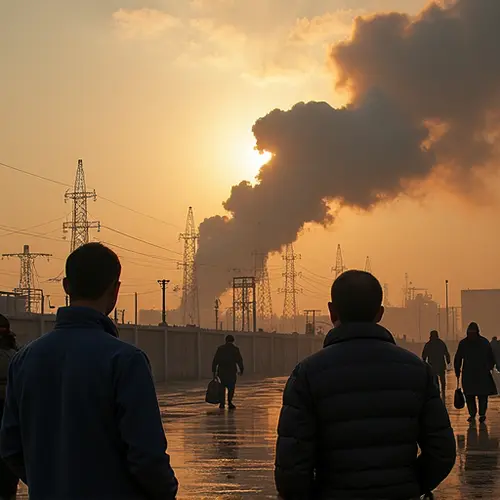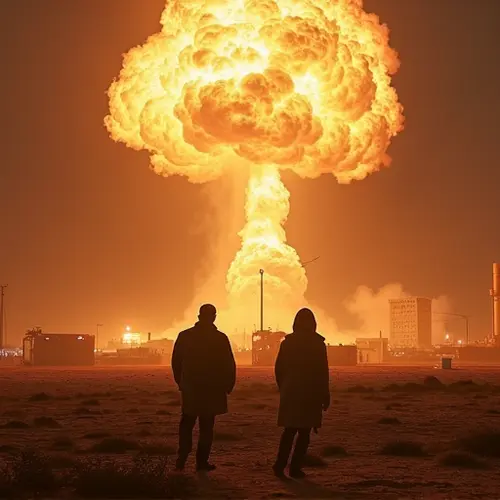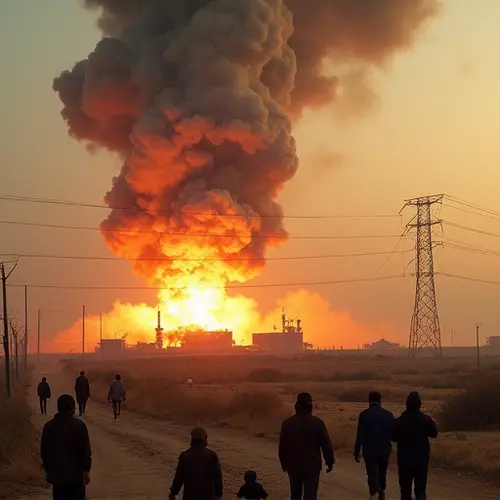Contradictory Assessments of Iranian Nuclear Damage
President Trump has angrily disputed media reports suggesting the damage to Iran's nuclear program from recent U.S. airstrikes is less severe than initially claimed. During a NATO summit press conference in The Hague, Trump insisted that three targeted nuclear facilities were "completely wiped out," setting back Iran's nuclear program "decades."
Intelligence Report Versus Presidential Claims
CNN and The New York Times reported that a preliminary Pentagon intelligence assessment indicates the damage may have only delayed Iran's nuclear program by months, not years. According to sources, much of Iran's enriched uranium stockpile had been relocated before the strikes, limiting material destruction. The reports suggest Iran may have moved nuclear materials to undisclosed locations prior to the June 24th attacks.
Massive Ordnance Deployment
The U.S. military deployed fourteen Massive Ordnance Penetrators (MOPs) - the largest non-nuclear bombs in its arsenal - against the Fordo, Isfahan, and Natanz nuclear complexes. Seven B-2 Spirit stealth bombers executed the precision strikes, creating visible craters at the sites as seen in satellite imagery.
Investigation Into Intelligence Leak
Defense Secretary Hegseth confirmed the existence of the disputed intelligence report while calling it "preliminary" and politically motivated. He announced an FBI investigation into the leak, with Secretary of State Rubio denouncing the leakers as "professional backstabbers."
Ceasefire Holds Amid Tensions
The controversy emerges as a U.S.-brokered ceasefire between Israel and Iran enters its second day, following thirteen days of open conflict marked by reciprocal airstrikes and missile attacks. The IAEA has yet to provide independent verification of damage assessments at the nuclear sites, which have previously been targeted by Israeli operations.

 Nederlands
Nederlands
 English
English
 Deutsch
Deutsch
 Français
Français
 Español
Español
 Português
Português










